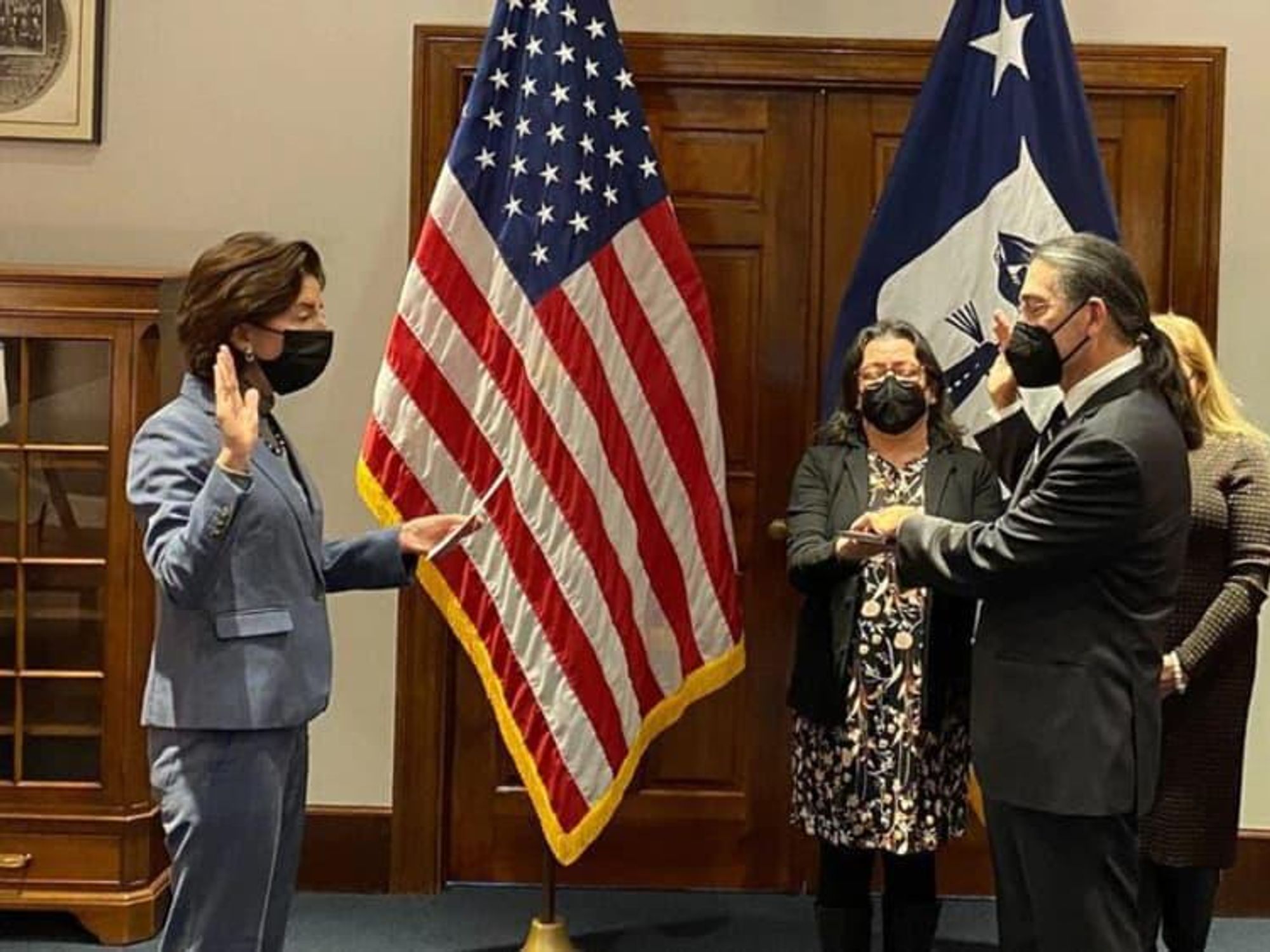History-making move
High-profile federal agency counts on San Antonio native as its new leader

San Antonio native Robert Santos now leads one of the highest-profile agencies in the federal government.
Santos, who was born and raised in San Antonio, was recently sworn in as the 26th director of the U.S. Census Bureau. He is the first Latino person to hold the job. In November, the U.S. Senate confirmed Santos for a five-year term as head of the Census Bureau, which is tasked with counting the U.S. population and tracking population trends.
“I’ve spent the majority of my career with organizations dedicated to delivering credible and informative statistical analysis for the public good. Census Bureau data have been essential to that work,” Santos says in a news release. “It is such an immense privilege to join the Census Bureau and its very talented team.”
Santos most recently was vice president and chief methodologist at the Urban Institute, a Washington, D.C.-based think tank. Earlier, he was executive vice president and a partner at NuStats, a social science research firm based in Austin. Santos was president of the American Statistical Association in 2021.
“Mr. Santos is a tremendous leader, and I have full confidence that he will lead the Census Bureau with integrity in the years ahead,” says U.S. Commerce Secretary Gina Raimondo. “The Census Bureau is an invaluable asset to our government and the American people, providing essential data for businesses, government leaders, and policymakers to make informed decisions.”
Santos earned a bachelor’s degree in math from Trinity University in San Antonio after attending San Antonio Community College, and got a master’s degree in statistics from the University of Michigan at Ann Arbor.
Citing concerns about an undercount of Latinos in the 2020 Census, Arturo Vargas, CEO of the National Association of Latino Elected and Appointed Officials Educational Fund, said in November that he hopes Santos “will bring his life experience and cultural understanding of the Latino community to pursue new strategies to improve the count of Latinos.”

 The rough terrain of Main Plaza in 2009, before the fountains were removed in 2023.Photo by Grant Laird Jr./ CC BY 2.0
The rough terrain of Main Plaza in 2009, before the fountains were removed in 2023.Photo by Grant Laird Jr./ CC BY 2.0